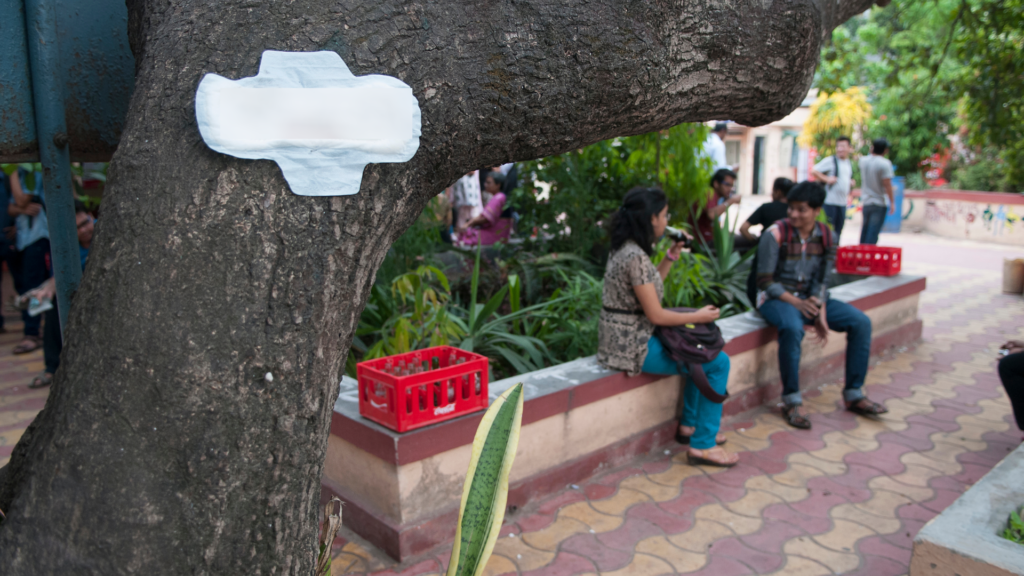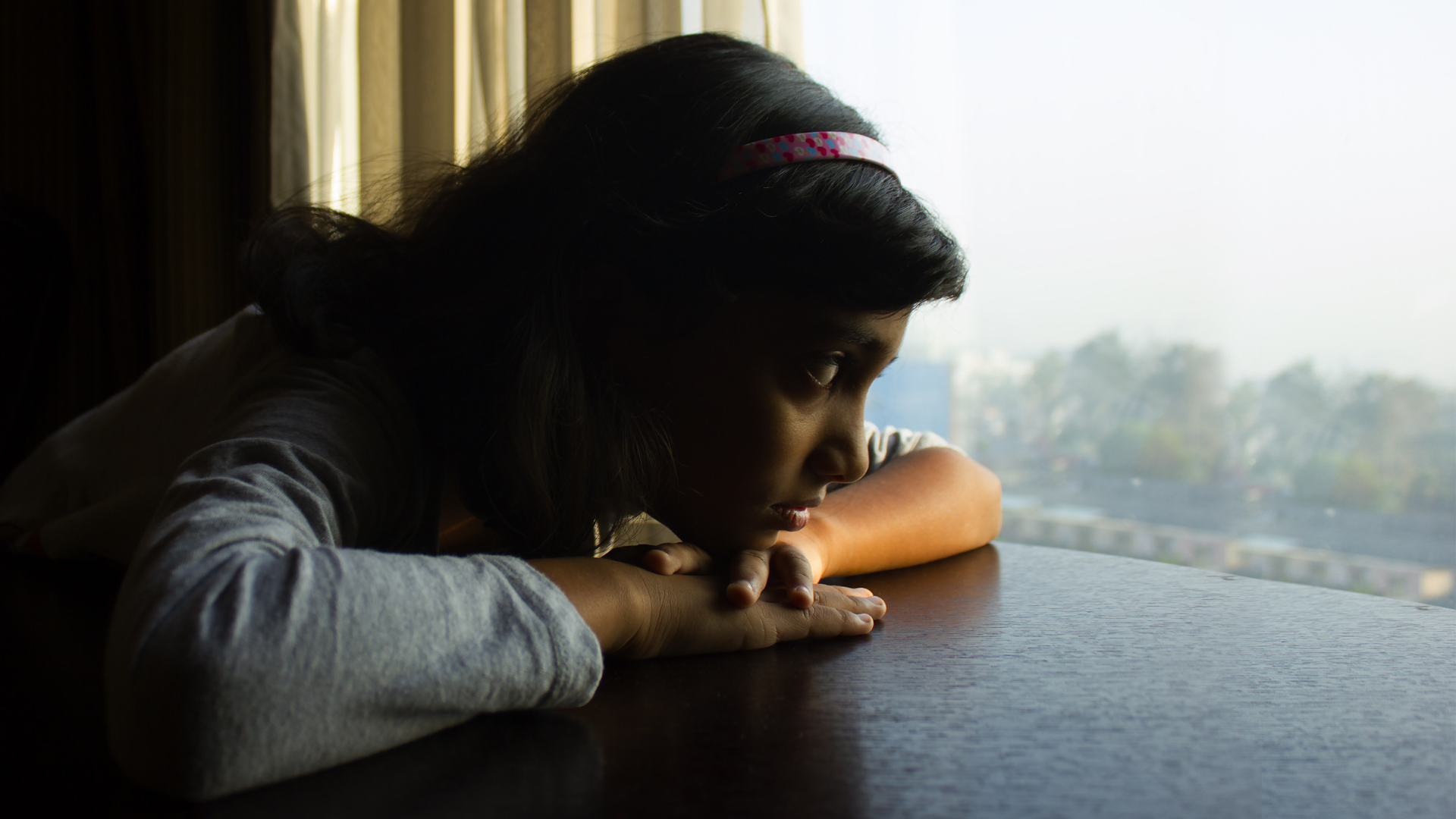IN the same month that the world observes Menstrual Hygiene Day, a man in his thirties murdered his 12-year-old sister grossly mistaking her period blood-stained clothes as the result of being sexually active.
While this is an extreme example of what can happen when a person does not know about menstruation, there are many other negative consequences of not normalizing periods. In homes across the country, restrictions are placed on girls, such as areas of the house she is prohibited from entering, certain food she is not allowed to touch or having to stay home from school – or drop out entirely. This makes an impression upon a girl’s mind, who is now trained and taught to believe that her menstrual cycle is something to dread and be ashamed of.
As we mark Menstrual Hygiene Day, it is important to remember one startling fact. Around the world, over 500 million girls and women lack access to sanitary products and menstrual health facilities. This severely affects their ability to study, work and be productive members of society.
This year, the theme for Menstrual Hygiene Day is “Making menstruation a normal fact of life by 2030,” highlighting the importance of normalizing menstruation. The chosen date, the 28th day of the fifth month, symbolizes the average 28-day menstrual cycle and the average five days of menstruation each month.
Are periods normal?
As normal as sweating or crying, periods are just another human body function. In a nutshell, the body creates a protective layer every 28 days to nourish a baby. If there is no baby, that protective layer leaves the body in the form of blood. It is that simple. But across the country, millions of girls and women must hide this normal and natural function because it is considered taboo.
The stigma against menstruation comes from deep-rooted socio-cultural traditions and practices that consider the menstrual process unclean. This leads us to neglect the needs of girls and women, resulting in a large portion of the population being denied access to opportunities.
Here are 4 ways men and women can make menstruation a normal fact of life:
- Learn about periods
The first step toward normalizing periods is to learn what it is. It is a simple process: every 28 days, the female body’s uterus creates a protective layer or lining made of tissue and blood to help a baby grow and develop. During this time, one of the ovaries produces and releases an egg that travels into the uterus. If the egg does not get fertilized, it dissolves, and the protective layer of the uterus leaves the body in the form of blood. If you are unaware of the normal process, maybe you should begin to understand it on Menstrual Hygiene Day. The popular Indian comic by Menstrupedia explains it well in just under 60 seconds in this animated video.

- Remove the connection between periods and sex
This crime mentioned at the start of this article exposes the stigma against periods and mistakenly relates it to sexual activity. While both are normal, the example brings out the misconception that periods are related to sex since the two involve the same body parts. Much of the taboos around sex are thus transferred to the topic of menstruation. But menstruation and sex are two separate and unrelated functions that should not be mixed up.
- Lift the restrictions placed on girls and women
The unwillingness to make menstruation normal complicates life for girls and women. Unable to access menstrual products, they are forced to use newspapers, sand, old cloth and other objects that can absorb blood. These are unhygienic alternatives that cause infections and severe health complications. Not installing washrooms with running water and soap in schools, workplaces, and public places is one of the reasons that 23 million girls are forced to leave school each year, according to Dasra. Girls dropping out of school leads to increased child labour, child marriage, female disempowerment and a weakened workforce. Furthermore, the stigma against periods as “unclean” or a “curse” damages a girl’s sense of self-worth.
- Equip girls and women with their needs
When menstruation is made a normal part of life, girls and women are healthier, better educated and their futures are improved. Being equipped with the resources to be safe and healthy empowers them to pass on a positive outlook on periods to the next generation. Many girls have been forced to quit school because of menstruation. Our Every Girl in School mission is to equip girls with what they need so they can go back to school. When you support this mission, you can ensure that something as normal as a period doesn’t prevent girls from getting an education. Donate monthly to ensure millions of girls go to school and dream big.
Established in 2000, Give.do is the largest and most trusted giving platform in India. Our community of 2.6M+ donors have supported 3,000+ nonprofits, impacting 15M+ lives across India.

Shirley has been in the development sector for over 10 years and is passionate about making a change in the world around her, including adopting dogs and writing to make a difference.
Discover more from
Subscribe to get the latest posts sent to your email.

